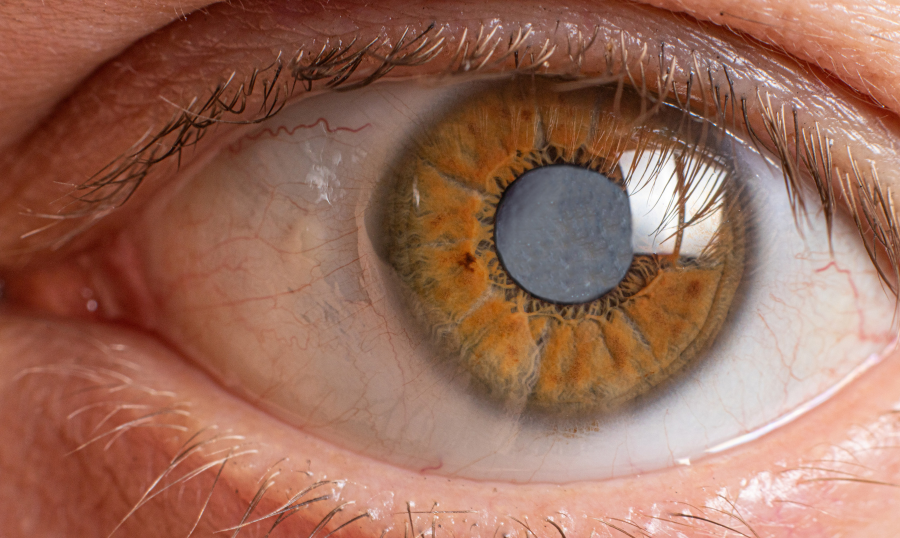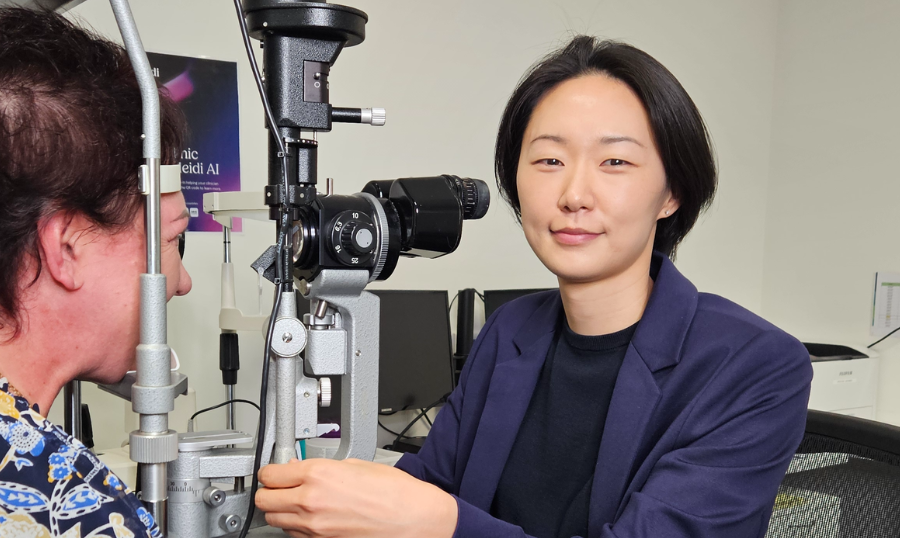Auckland Eye Welcomes Cornea and Anterior Segment Specialist Dr Bia Kim
Auckland Eye is pleased to welcome Dr Bia Kim, a highly trained Cornea and Anterior Segment Specialist, to our team.

A cataract is a cloudy patch on the lens inside the eye, which reduces the amount of light that can reach the retina. With less light available, vision is blurred and distorted and can eventually be lost altogether. In most cases, cataracts are age-related – around 50% of people will develop cataracts by age 60, and the prevalence only increases after that. That’s why, as our population ages, cataract surgery has become one of the most common eye procedures, with more than 30,000 New Zealanders going through the treatment each year.
The good news is that modern cataract surgery is generally very safe and has a swift recovery time. Even better, it’s extremely effective, with a 98% success rate. Surgery can usually restore vision to its pre-cataract state and may even improve it, reducing your need for glasses or contacts.
Preparing for surgery? Here’s what you need to know:
Unlike other vision conditions, cataracts can’t be treated with glasses, contacts or laser correction. That’s because the condition involves a physical build-up of proteins in the lens, which must be manually removed to restore vision.
Modern cataract surgery involves making tiny incisions in the lens and suctioning the cataract out, then replacing it with an intraocular lens (IOL). The new lens sharpens the focus of light on the back of your eye, improving your vision. The lens is acrylic and matches the shape and size of your cornea. You won’t be able to see or feel it in your eye, and it will generally last for the rest of your life.
If you’re scheduled for cataract surgery, you’ll also be booked for a pre-surgical appointment. During this, your eye specialist will take some measurements to determine the size and shape of your eye and ask you about your lifestyle. This information helps your team choose the best IOL for your situation.
You’ll usually be asked not to eat or drink for 12 hours before your procedure.
What happens during cataract surgery?
Cataract surgery is relatively quick – the procedure takes just 30 minutes to complete. However, if you include preparation time and post-surgery recovery, you can expect to spend around two hours at the clinic. You will be awake during your surgery, but a local anaesthetic means you won’t feel any pain or discomfort during the procedure.
Here’s what happens during the surgery:
As soon as your surgery is complete, you’ll be moved to a post-op recovery room to rest for at least half an hour. One of our nurses will take you through your recovery instructions so you understand how and when to take medication and how to care for your eyes as you heal.
After that half hour, you’ll be able to go home. Because your vision may be blurred and you will have a patch over one eye, you’ll need someone to drive you home.
If you need cataract surgery in both eyes, you will likely be booked for two separate surgeries roughly a week apart. This allows the first eye to heal before the second eye is treated.
You’ll be sent home with a patch over your eye, although this can usually be removed the day after surgery. During the first few days after surgery, it’s not uncommon for your eye to feel sore, itchy and teary. You may also find it difficult to see in bright light until your eye has healed.
Post-surgery guidelines:
While any pain, itching and light sensitivity should settle after a week or two, your eye will not be fully healed until eight weeks after your surgery. Many patients find that their vision is perfect or near-perfect after surgery – although some still need to wear glasses or contacts.
The expert ophthalmology team at Auckland Eye uses the latest surgical techniques and recovery protocols to ensure all cataract patients have the best possible outcomes.
Book your appointment now: call 0800 25 53 93 or email admin@aucklandeye.co.nz

Auckland Eye is pleased to welcome Dr Bia Kim, a highly trained Cornea and Anterior Segment Specialist, to our team.

Discover how Auckland Eye is redefining inclusive healthcare by launching New Zealand’s first assistive website toolbar.

Macular degeneration is a leading cause of vision loss in older adults. There’s no cure, but its progression can be slowed. Here’s what to know.